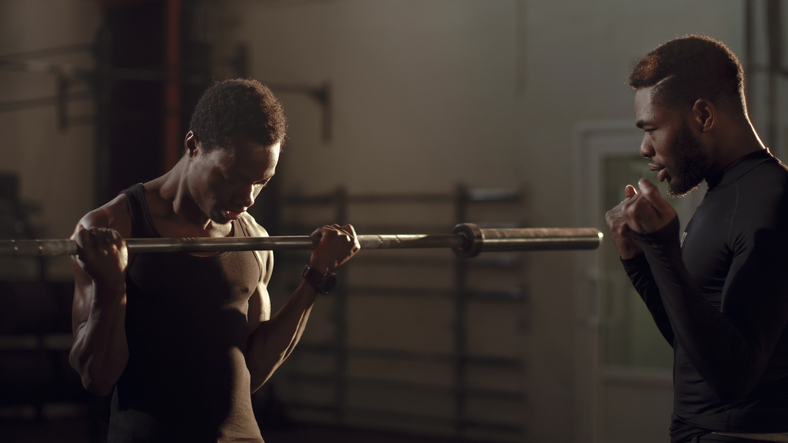MobileMen Project Protocol

African American men are at higher risk for serious health conditions such as cardiovascular disease, diabetes, and stroke compared to non-Hispanic White men. Physical activity is a modifiable health behavior that has been shown to decrease chronic disease risk. Still, engagement in physical activity is alarmingly low in African American men. While interventions to improve physical activity engagement are effective in several populations, very few have been tailored to the unique needs of African American men. Even fewer have leveraged mobile health apps, despite African American men’s interest in and willingness to use such technologies for health improvement.
Now a multi-disciplinary research team from Klein Buendel, Pennington Biomedical Research Center, and three universities is conducting a comparative effectiveness trial that aims to evaluate MobileMen, a physical activity promotion app tailored to the needs and preferences of African American men. The team has published the plans and methods for the trial in JMIR Research Protocols.
The trial compares the MobileMen app to a commercially available physical activity promotion app with similar features but without culturally tailored components. Specifically, the study is recruiting a sample of 100 “low active” (less than 7500 steps per day) African American men aged 30 years or older from Baton Rouge, Louisiana and its surrounding communities. All participants are given a Fitbit Charge 6 wearable activity tracker to assess daily physical and steps. Participants are randomly assigned to either the MobileMen intervention app or a comparator app. The intervention period is six months, during which participants will interact with their assigned mobile app.
MobileMen includes features such as digital badges earned for physical activity, tangible prizes like exercise equipment, challenges among participants, goal setting, nutrition, physical activity, and behavior change educational information in text, audio, and video formats.
Participants complete assessments at baseline and at six months after random assignment. Assessments include objective measurements of daily steps and minutes of moderate to vigorous physical activity, quality of life, dietary measures, self-efficacy for fruit and vegetable consumption and physical activity, and autonomous motivation for physical activity. Detailed descriptions of measures and methods can be found in the JMIR Research Protocols paper.
Mobile apps are a widely accessible means to disseminate culturally tailored physical activity promotion interventions to various populations, including African American men. MobileMen has the potential to impact physical engagement in African American men, to help improve the overall health and chronic disease risk in this underrepresented population.
This research is funded by an STTR Fast Track grant to Klein Buendel from the National Institute on Minority Health and Health Disparities (MD014947). The Principal Investigator is Dr. Robert Newton from the Pennington Biomedical Research Center. Authors on this paper include Callie Hebert, Phillip Nauta, and Dr. Robert Newton from the Pennington Biomedical Research Center; Dr. April Stull from Baylor University; Dr. Damon Swift from the University of Virginia; Dr. Derek Griffith from the University of Pennsylvania; and Dr. Kayla Nuss, Amanda Brice, and Dr. David Buller from Klein Buendel. The MobileMen app was programmed by the Klein Buendel Creative Team.
